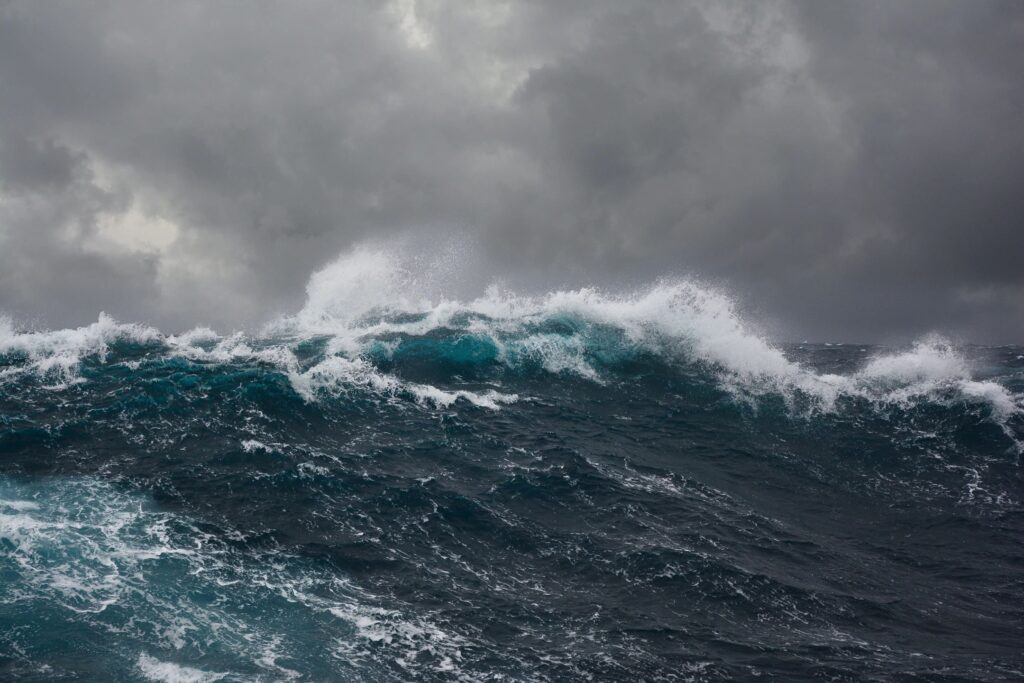In a pioneering collaboration aimed at leveraging artificial intelligence (AI) to benefit humanity, Google has joined forces with Apollo Hospitals in India to spearhead early disease detection. Now, Google researchers are tackling another pressing global challenge: flood prediction. Their endeavours are detailed in a recent research paper published in Nature, shedding light on how AI can transform flood forecasting and potentially save countless lives, as reported by HT Tech.
Utilizing machine learning (ML) techniques, Google researchers have crafted hydrological simulation models capable of forecasting floods with unparalleled accuracy. These models, built upon the Global Flood Awareness System (GloFAS) version 4 operated by the European Centre for Medium-Range Weather Forecasts (ECMWF), outshine traditional river prediction methods. They cover a wider range of events and provide earlier and more precise predictions.
Yossi Matias, VP of Engineering and Research at Google, and Grey Nearing, Research Scientist, underscored the significance of this flood forecasting initiative within Google’s broader adaptation and resilience efforts. They highlighted Google’s commitment to combating climate change and enhancing global resilience, emphasizing the pivotal role of AI and ML in driving scientific progress toward climate action.
The AI Model in Action
The AI model deployed in the study utilizes long short-term memory (LSTM) networks to forecast daily streamflow across a 7-day horizon. Trained on data from 5680 streamflow gauges using rigorous “random k-fold cross-validation,” this model powers the Flood Hub system. It provides river predictions for 80 countries up to seven days in advance.
Over a multi-year journey marked by relentless innovation, Google researchers have not only advanced scientific understanding but have also translated their findings into a real-time flood forecasting system. This system issues alerts via Google Search, Maps, Android notifications, and the Flood Hub platform, ensuring timely warnings and empowering communities worldwide to prepare for and mitigate the impact of floods.


















